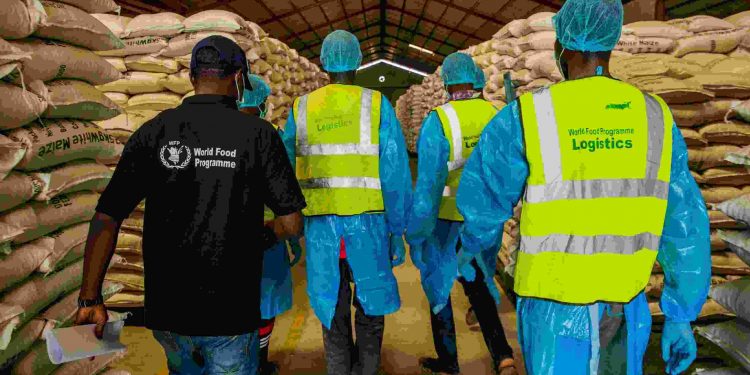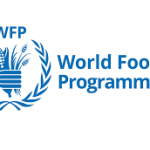The United Nations World Food Programme (WFP) has issued a dire warning that it may be forced to suspend emergency food and nutrition assistance for over 1.3 million people in northeast Nigeria by the end of July 2025 due to severe funding gaps.
WFP’s Regional Director for West and Central Africa, Margot van der Velden, disclosed this on Wednesday during a briefing with UN correspondents, painting a grim picture of a worsening humanitarian crisis in the region.
According to van der Velden, WFP needs an urgent $130 million to sustain life-saving food and nutrition operations in the next six months.
“In Nigeria today, 31 million people are facing acute food insecurity—this is equivalent to the entire population of Texas going hungry,” she said. “Unfortunately, due to ongoing funding cuts, our food and nutrition resources have been exhausted.”
She noted that while WFP managed to stabilize hunger in the first half of 2025, the looming end of July marks a critical turning point, with the last food stocks already leaving warehouses earlier this month.
Without new funds, WFP’s operations, supporting over 1.3 million people, including 300,000 infants, will grind to a halt by early August.
“This is not due to a lack of need, but due to a lack of resources,” she lamented. “We will have to tell people they can no longer receive aid.”
Velden warned that halting aid could trigger wider displacement, hunger-related migration, and increased exploitation by extremist groups in the insurgency-hit region. Vulnerable individuals may be forced to adopt negative coping mechanisms, including joining insurgent groups to survive.
“More than 150 WFP-supported nutrition clinics will shut down,” she noted, “cutting off life-saving treatment for over 300,000 children.”
The crisis is being compounded by escalating violence and mass displacement, which continues to stretch resources in Borno, Yobe, and Adamawa states.
Despite the bleak outlook, Velden commended the Nigerian government and the Borno State government for their proactive role in humanitarian efforts, including the reintegration of repentant insurgents and broader emergency response initiatives.
“The Nigerian government is currently the largest financier of the emergency response in the northeast,” she said. “They have a clear vision, but we must collaborate further and explore new funding sources.”
She called on international partners to step up support for sustainable solutions that move beyond emergency aid and offer long-term resilience and stability for affected communities.










